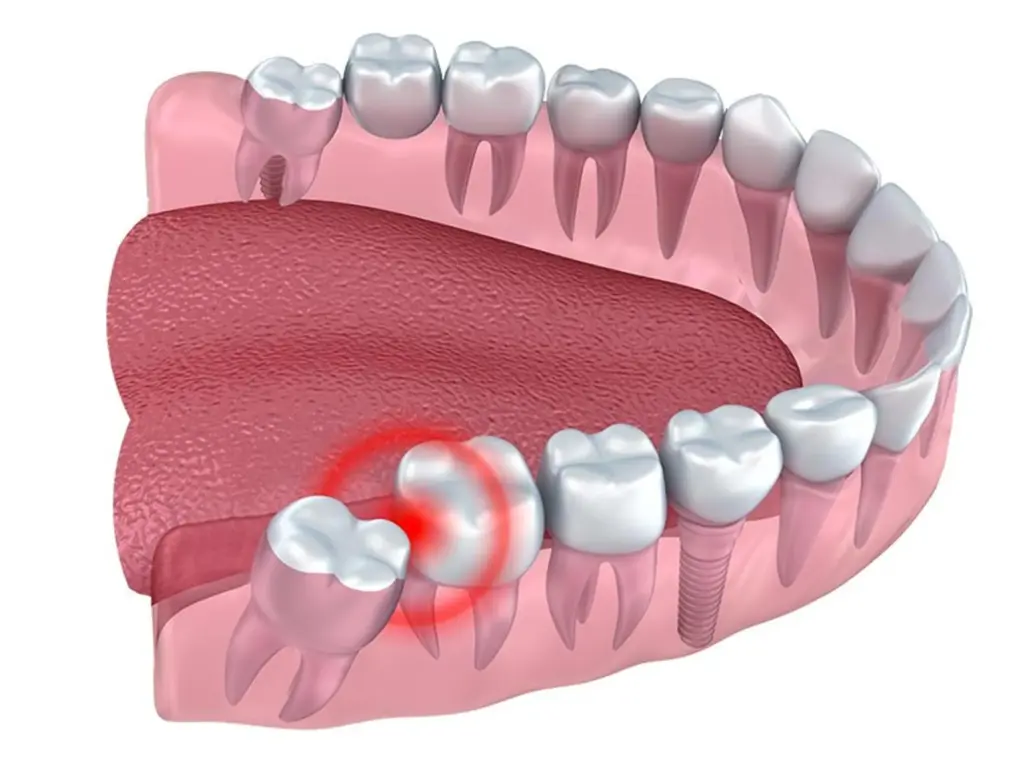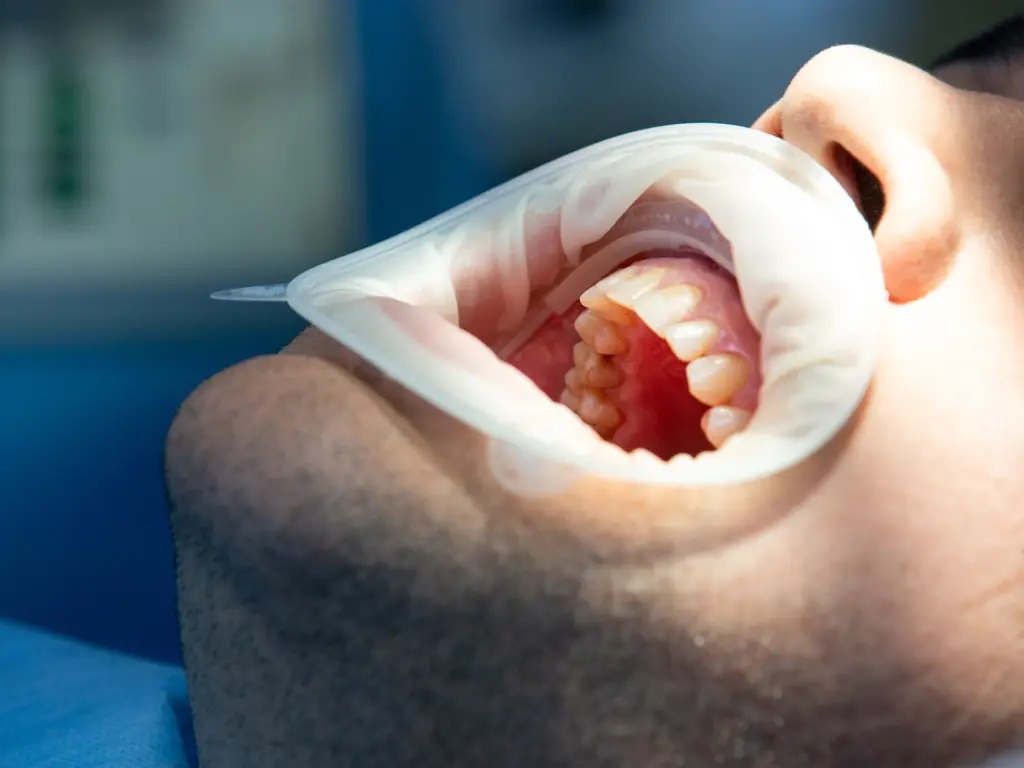Advanced Technology Equipment
We provide our treatments using equipment equipped with the latest cutting-edge technology, ensuring the highest standards of quality for our patients. Our state-of-the-art devices enhance both the effectiveness of our procedures and help us achieve optimal results. By investing in innovative technology, we continuously update our treatment methods to offer a more comfortable, efficient, and reliable experience. At every step, we aim for excellence in health and aesthetics, using the most advanced technology available.
Distinguished Team of Experts
We understand the unique needs of each of our patients and are dedicated to meeting those expectations with the utmost care and attention. In line with our commitment to health and safety, we conduct all procedural steps in state-of-the-art, sterilized environments, utilizing top-tier equipment and a highly skilled team. Our goal is to manage your treatment process without compromising your health or comfort, ensuring that each stage of care is safe, effective, and seamlessly executed. We prioritize not only successful outcomes but also a supportive, positive experience throughout your health journey.


What is wisdom tooth extraction?
In infancy, tooth development begins between the ages of six months and three years with a total of twenty milk teeth, ten at the bottom and ten at the top. When the milk teeth fall out at the age of nine to ten, they are replaced by adult teeth. Twenty-eight of the main teeth, of which there should be a total of thirty-two, are completed during childhood and adolescence. The remaining four teeth are wisdom teeth, which are located at the bottom and top as molars. These teeth, which will come out at the age of twenty, do not come out in a healthy way like other teeth.
You can reach our specialist physicians at 0212 481 22 88 – 0530 542 46 95 or you can click to make an appointment and get directions.
They can remain half-implanted or impacted, or they can cause many problems such as compression, pain and damage to other teeth due to insufficient space. With dental surgical interventions, wisdom teeth should be extracted for such reasons or impacted wisdom teeth can be removed with surgical interventions. Symptoms include tooth and gum pain, tenderness in the gums and pain in the ear and jaw. If you have these symptoms, you should consult a dentist.
In our clinic, surgical operations are performed as well as aesthetic treatments such as smile design, teeth whitening and scaling.
Should wisdom teeth be removed?
Wisdom teeth may not have erupted properly or caused a problem, but these problems may not occur suddenly. Normal wisdom teeth can also cause problems in the future, so it is recommended to be examined for wisdom teeth control even if there is no problem. Wisdom tooth extraction is performed in cases of decay, misalignment and impacted wisdom teeth. Impacted wisdom tooth extraction is one of the most common cases.
Wisdom tooth extraction should be performed if there is not enough room for it to grow, if it has caused dental problems and if it is not where it should be. Upper and lower wisdom teeth extraction is recommended because it is difficult to clean the teeth and causes cavities. For cases of decay and tooth loss due to wisdom teeth, you can get information about implant treatment from our specialist surgeons.
When Should Wisdom Teeth Be Removed?
If your wisdom teeth are causing you pain and discomfort, you should see your dentist. Early diagnosis prevents bigger problems from occurring. Wisdom teeth extraction is easier to do when you are younger and the tooth roots are not fully developed.
With advancing age, wisdom tooth extraction becomes more difficult and the healing process is prolonged. In order not to experience a difficult and painful healing process, it should be extracted on time and with appropriate methods.
How to Extract a Wisdom Tooth?
Partially impacted, fully impacted or impacted teeth can cause oral health problems such as inflammation, tooth decay, bad breath, and damage to the tissue and enamel of neighboring teeth. For these reasons, it is necessary to extract impacted, partially impacted and misaligned teeth. How the wisdom tooth extraction will take place is determined as a result of the X-rays taken. Wisdom teeth that are correctly aligned and will be extracted due to decay and impaction problems are extracted like other teeth and do not require a surgical procedure. However, very few of the problematic teeth can be extracted in this way, most of them are extracted by surgical interventions.
Wisdom tooth surgical extraction is performed under local anesthesia and the duration varies depending on the structure, location and number of teeth to be extracted.
Things to Consider After 20-Year-Old Tooth Extraction
Before wisdom tooth extraction, dental treatments should not be disrupted. Thus, the process after wisdom tooth extraction passes more easily and there is a rapid healing process. After wisdom tooth extraction, there may be pain and swelling, you can help reduce them by supporting them with ice application. Using antiseptic mouthwash after brushing your teeth will reduce pain and soreness. Smoking should not be smoked for 24 hours as it will delay healing. Complete recovery after wisdom tooth extraction takes up to two weeks.
